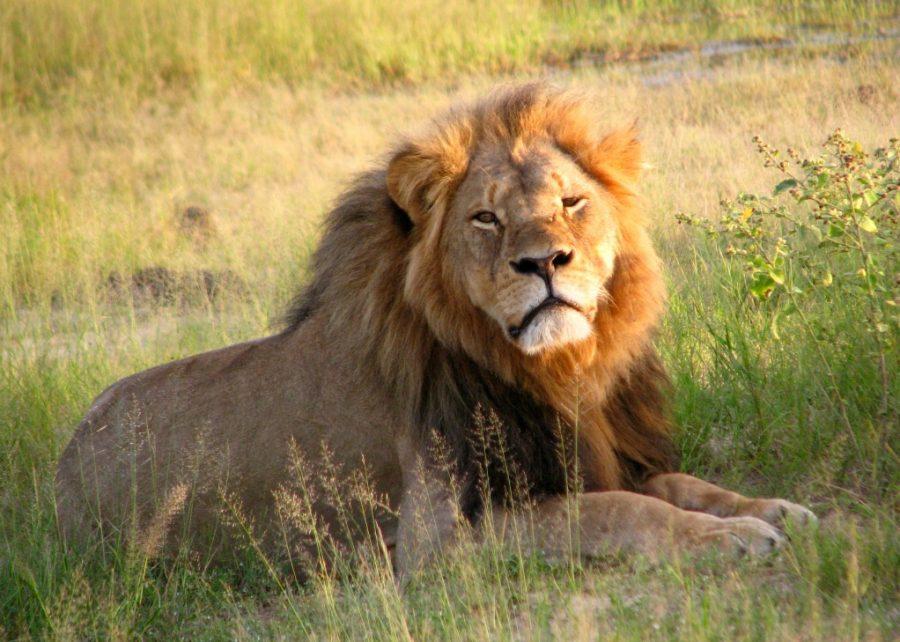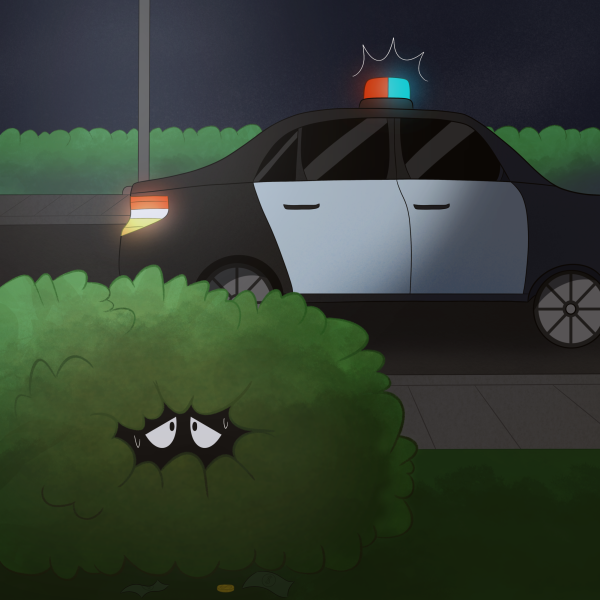Charges on Walter Palmer Dropped
December 29, 2016
On July 1, 2015, a Minnesotan recreational big-game hunter and dentist, Walter Palmer, killed a lion in Zimbabwe on a hunting trip. The lion was named Cecil, after Cecil Rhodes, a British businessman and politician in South Africa during the late 19th century. Prior to his death, the lion was the known by many in Zimbabwe’s Hwange National Park. Due to Cecil the lion’s fame in the national park, an uproar occurred when news of his death emerged. The lion was also a part of a study being conducted by Oxford University, and carried a radio tracking collar fitted by the British university.
The controversy of the issue surrounding the lion’s death was that Palmer’s hunting guide, Theo Bronkhorst baited the lion out of Hwange National Park. Hunting is illegal in the park, so the lion was lured outside of the park’s boundaries, where hunting is legal. After being baited out of the park, Cecil was first injured by a crossbow, tracked, and then killed with a rifle. Palmer claims the lion was killed the next day after being hit by the arrow, but rumors emerged that the lion suffered for 40 hours before death.
Palmer reportedly paid Bronkhorst $50,000 to assist him in bagging a lion. The Zimbabwean government decided not to pursue charges against Palmer. However, Bronkhorst faced charges of failing to prevent an illegal hunt. Those charges were dropped in November 2016. Bronkhorst informed the court that he obtained all permits required for his client, Palmer, to hunt lions outside of national park boundaries.“[The charges] were too vague to enable him to mount a proper defence,” the court ruled. He also told the court that he was unaware that the lion was well-known in the area.
Despite charges being dropped, the outcry that followed the incident ruined Bronkhorst’s reputation as a big-game hunting guide. “It’s destroyed us, it has destroyed the family, our business,” Bronkhorst said outside of the Hwange magistrates court in Zimbabwe. According to the BBC, while charges have been dropped, the state is still able to press new charges, if it wishes. The Zimbabwean government also stated that Bronkhorst is free to come back to Zimbabwe as a tourist, but not as a hunter, implying that he would not be issues hunting permits.
The killing of the lion caused an outrage among animal activists around the world. The chaos likely motivated Palmer to temporarily close his dentistry in the summer of 2015. Palmer has been harassed on his Twitter account, and many Tweets directed at him have been condescending. “Wow I can’t believe @DentistPalmer has an account on twitter? What a disgusting human being. Feel free to let him know what you think,” Tweeted @Jayde_Nicole. Palmer subsequently announced in a Tweet that he will block any individuals that harass him through Twitter.
Lions are considered a threatened species, and have an estimated population of 20,000 today. Two hundred years ago, the mammal’s estimated population was 25 times higher, at 500,000. The population deterioration has accelerated in the past decades; according to the African Wildlife Foundation, lion populations have decreased by 42%. The animal is also now extinct in seven African countries. Hunting is not the sole cause of this decline – habitat loss is also seen as a potent threat to lions. The animals are also facing interaction with farmers and their livestock more frequently due to the lions’ habitat loss. At times, lions eat livestock, and trigger retaliation from farmers, who occasionally kill the predators of their herd.
Because research of lions and their habits is seen as a way to mitigate their declining populations, Cecil wore a radio tracking collar. The African Wildlife Foundation has trained Africans that live in lion-inhabited areas to report lion sightings, illegal hunting, and incidents of conflict between lions and humans.










